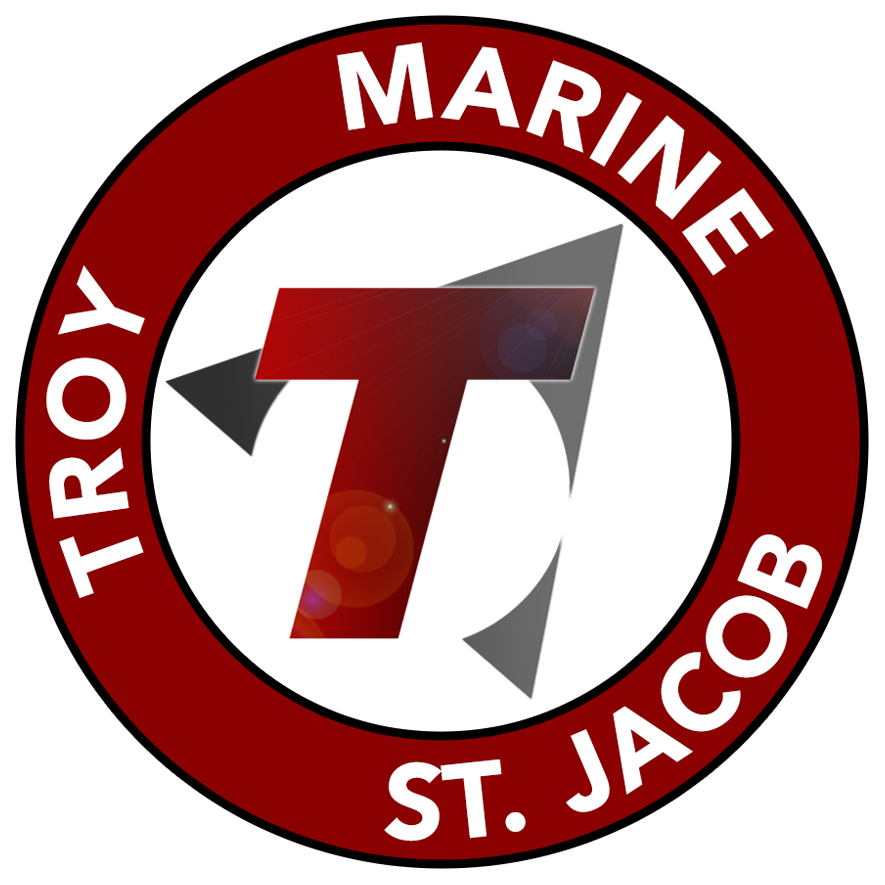Fifth Grade
Grade 5 Math Curriculum Framework
LINKS
Operations & Algebraic Thinking
Use order of operations to evaluate numerical expressions and solve equations.
Translate a word problem to a numerical expressions and equations.
Compare different numeric patterns and identify relationships between them.
Numbers & Operations: Fractions
Add and subtract fractions and mixed numbers with unlike denominators.
Explain why an answer makes sense when a word problem is solved using addition and subtraction of fractions.
Recognize that fractions are division problems, and use this to solve word problems.
Multiply a fraction or a whole number by a fraction.
Explain what happens when I multiply fractions and/or whole numbers.
Solve word problems using multiplication of fractions and/or mixed numbers using pictures or equations.
Divide unit fractions by a whole number and whole numbers by unit fractions.
Solve word problems using division of whole numbers and unit fractions using pictures or equations.
Numbers & Operations: Base Ten
Identify the value of a digit based upon its place value up to the thousandths place.
Explain in words the placement of a decimal point and zeroes when multiplying or dividing by a power of ten.
Compare decimals to the thousandths place.
Use place value to round decimals to any place.
Multiply multi-digit whole numbers.
Divide whole numbers with 4-digit dividends and 2-digit divisors, evenly.
Illustrate and explain how to divide whole numbers using equations, pictures, and tools.
Add, subtract, multiply and divide decimals to the hundredths place.
Measurement & Data
Convert within a measurement system, and use these calculations to solve multi-step real world problems.
Create and use a line plot with measurements in fractions to solve problems.
Show, using visuals, that volume is an attribute of solid figures composed of cubic units.
Measure volumes using cubic units.
Use the formulas for volume to calculate the volume of rectangular prisms.
Use my knowledge of volume of rectangular prisms to calculate the volume of more complex solid figures.
Geometry
Graph points on a coordinate plane.
Represent a problem by graphing coordinates on a coordinate plane.
Make connections between 2-dimensional figures by observing and documenting their attributes.
Classify two-dimensional figures according to their attributes.
Grade 5 Literacy Curriculum Framework
Literature
Make inferences that are supported by the text.
Summarize text using important literary elements such as conflict, rising action, climax, falling action and resolution.
Compare and contrast two or more characters, settings or events.
Determine the meaning of words using context clues.
Determine the meaning of similes and metaphors.
Informational Text
Make inferences that are supported by the text.
Explain relationships between two or more individuals, events, or ideas.
Determine the meaning of words using context clues.
Use many different sources to answer questions or solve problems.
Foundational Skills
Break words into syllables to help read them.
Use knowledge of prefixes, suffixes, and roots to help read unfamiliar words.
Read text accurately with understanding.
Recognize and correct mistakes made while reading.
Speaking and Listening
Actively participate in discussions by responding to and posing questions.
Actively participate in discussions by reviewing and adding to key ideas.
Summarize information presented orally.
Speak clearly at an understandable pace.
Present information on a topic and make sure that ideas have detailed support and are in order.
Writing
Write an introduction for an expository essay that clearly previews main points.
Provide detailed support for all Ideas in my writing.
Stay on topic throughout writing.
Write a conclusion that clearly restates main points.
Write a narrative essay that introduces characters, setting, and problem.
Sequence events in order that makes sense in narrative essay.
Use dialogue and description to develop events in narrative essay.
Have a conclusion that wraps up the events in narrative essay.
Use appropriate transitions in writing.
Plan, draft, revise, and edit essays.
Write a research report that includes information from different sources.
Language
Use the proper verb tense (i.e. past, present, perfect) in my writing.
Recognize and correct when I have made a mistake in verb tense.
Use commas appropriately (in a series, with introductory clauses, direct address).
Write the titles of works using the correct method (underlining, quotation marks, italics).
Spell words correctly in my writing, even if I need to access a resource.
Revise sentences to improve them by adding to them, combining them, or shortening them.
Use prefixes, suffixes, and roots to help understand a word.
Science and Social Studies Framework
Grade 5 Curriculum Resources
Houghton Mifflin Harcourt's - Into Reading
McGraw-Hill: My Math
IXL
Mystery Science
Studies Weekly
Grade 5 Technology
1:1 Chromebooks
Summer Reading Suggestions for Kids Going Into Sixth Grade
Newbery Medal and Honor Books
Afternoon of the Elves by Janet Taylor Lisle
Catherine, Called Birdy by Karen Cushman
The Ear, the Eye, and the Arm by Nancy Farmer
Homesick, My Own Story by Jean Fritz
Missing May by Cynthia Rylant
The Watsons Go to Birmingham by Christopher Paul Curtis
Great Reads
From the Mixed-Up Files of Mrs. Basil E. Frankweiler by E. L. Konigsberg
Granny Torrelli Makes Soup by Sharon Creech
Hatchet by Gary Paulsen
Holes by Louis Sachar
Mick Harte Was Here by Barbara Park
Wringer by Jerry Spinelli
Harry Potter (series) by J. K. Rowling
Out of My Mind by Sharon Draper
Percy Jackson and the Olympians (series) by Rick Riordan
Treasure Island by Robert Louis Stevenson
The Wednesday Wars by Gary D. Schmidt
Nonfiction Books
Any nonfiction books at your child’s level or interest are great for summer reading
